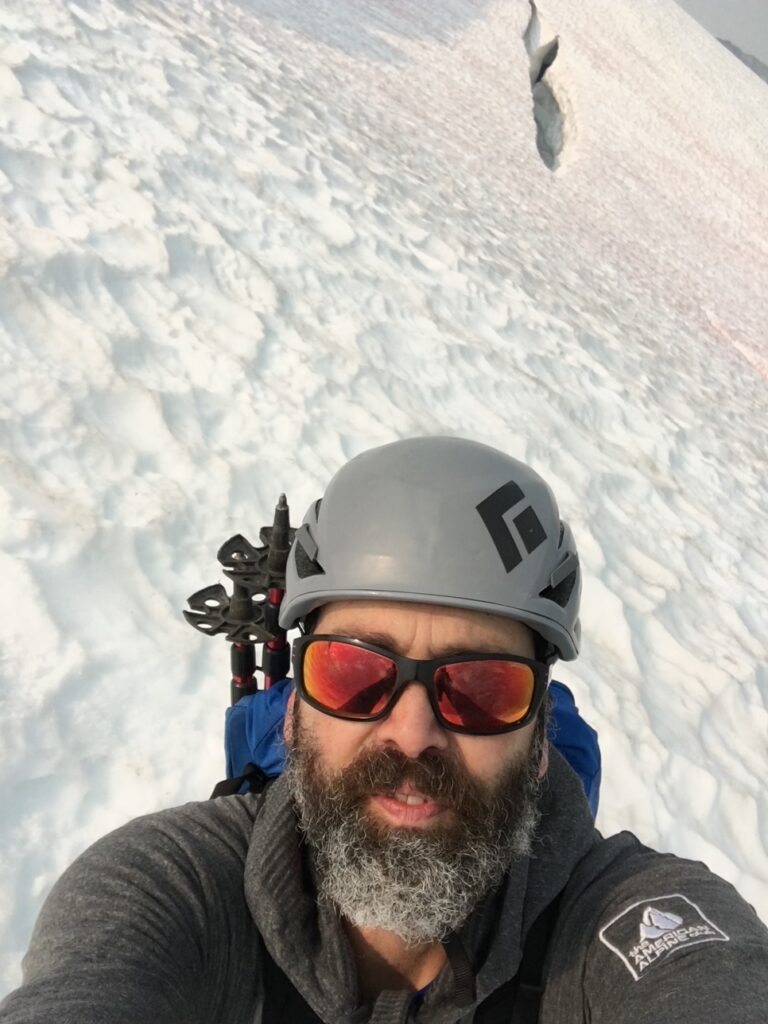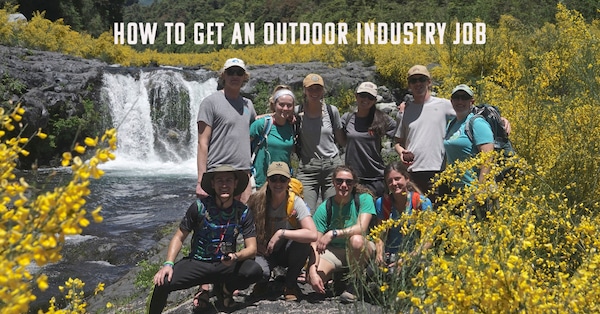Let’s Add Humble to the 5 ‘Umbles’ of Hypothermia
Risk ManagementHypothermia is deadly. There, I said it! This potentially dangerous drop in body temperature is commonly defined as a core body temperature below 95 degrees Fahrenheit (35 degrees Celsius) after dropping from a healthy temperature of about 98.6 degrees Fahrenheit or 37 degrees Celsius.
The slightest variance from the “normal” range can disrupt the body’s ideal operating conditions, known as homeostasis. The negative impact of hypothermia on homeostasis is dramatic and therefore should not be underestimated. Hypothermic progression follows a path, moving first more slowly, then more rapidly toward non-movement and when properly treated, onto death.

Movement is life. Living things grow, evolve, learn and work to improve their circumstances. Non-living things hold fast to current circumstances unless acted upon by an outside force. As we’ve all experience, movement generates warmth, and this case, it combats hypothermia. A creature that has the appropriate amounts of items necessary for movement will generally maintain a body temperature conducive for life.
These items required for movement include nutrients, health, fitness, clothing, and sometimes technical outdoor tools such as an ice axe and crampons. A breakdown of these items leads to decreased movement and reduced temperature. In this post, we will look at the hypothermic process using the five umbles: (more…)
Hands-on Training is the Key to a Career in the Outdoor Industry
Outdoor IndustryFor anyone interested in a career in the outdoor education, adventure programming, and guiding sectors of the outdoor industry, there are many trails to reach your destination. Among these are university recreation programs, internships, seasonal employment and more.
Not all pathways in this wide and diverse industry necessarily require a recreation-specific degree. However, an associate’s or bachelor’s degree offers job seekers a leg up when it comes to qualifying for an administrative position, as well as positions in environmental education or academia.
And while a college degree is helpful and even required in some sectors of this great outdoor industry of ours, what this industry truly values most is hands-on experience. That experience — in combination with holding the relevant certifications — is the key to successful advancement in outdoor education and adventure programming employment.

Gaining real-world experience is essential, whether you’re pursuing a college degree or not. And one of the best ways to jump start your outdoor industry career is to find seasonal employment working in the field. Taking a part-time or summer job offers a great opportunity to start gaining the needed experience.
Types of Outdoor Industry Organization
Seasonal opportunities abound, including through the following types of organizations: (more…)
TALK TO US
Have any further questions about our courses, what you’ll learn, or what else to expect? Contact us, we’re here to help!